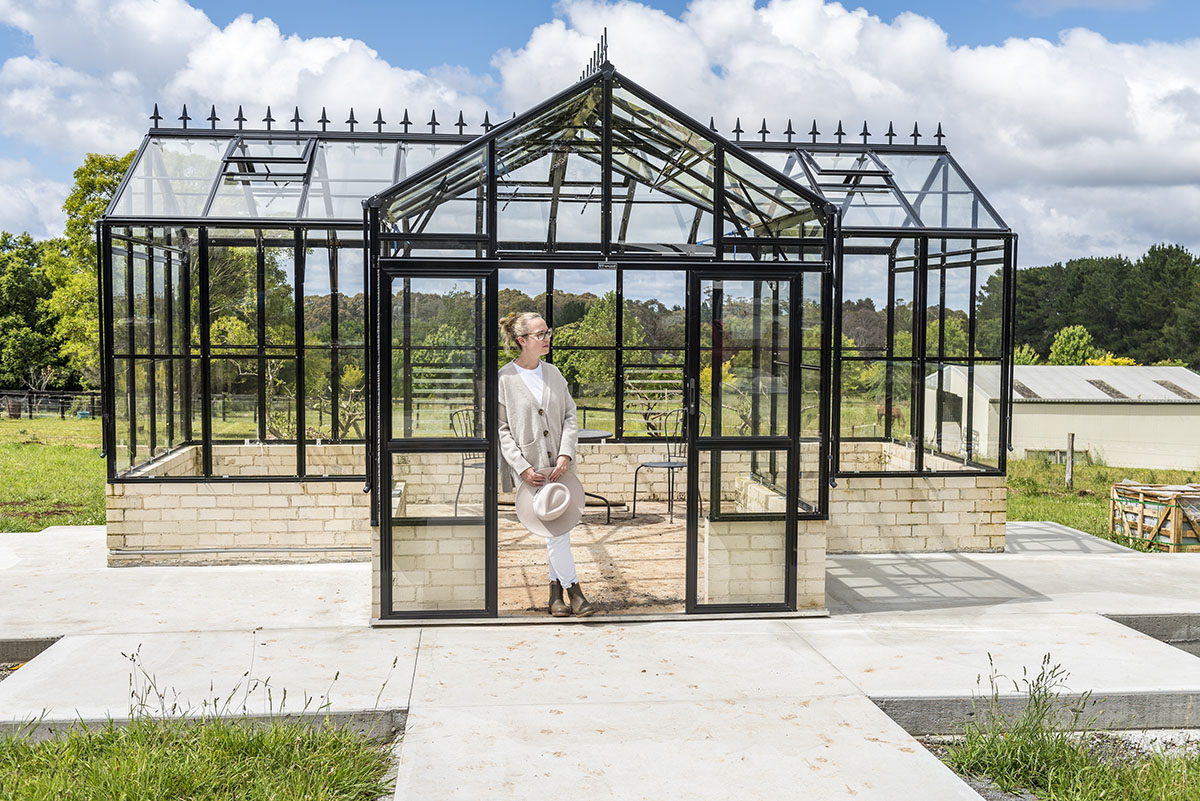Moving to a partial or full cost recovery model for certain fees and charges

Fairly distributing the costs associated with particular services delivered by Council is a focus of the draft plans presented at this week’s Extraordinary Meeting of Council, where community members had the opportunity to participate. Moving to a partial or full cost recovery model for some fees and charges will play a part in ensuring a financially responsible budget is in place that will enable delivery of all of the projects and services our community has prioritised, within the resources available.
“Take the costs associated with a Development Application as an example of what this will look like for community members,” Adan Davis, Wingecarribee Shire Council’s Director Communities and Place explains. “Residents can rest assured that DA fees and charges are regulated and can only go up by CPI, which is determined by the State Government. What is proposed is that, where a developer chooses to have Council undertake the necessary work for a Complying Development Certificate or Construction Certificate, to avoid paying a private consultant to do this, we would now seek full cost recovery.”
Moving to a partial or full cost recovery model for charges like this, is an alternative to increasing charges across the board to recoup these costs. “Council’s forward-planning has necessarily involved reviewing the cost of the many services we provide to the community, identifying areas where we have been undercharging for some time, and making the required adjustments to manage our resources responsibly,” Adan says.
Income derived from fees and charges contributes to Council’s general income needed to deliver community projects, respond to community needs, maintain the many parks, buildings and infrastructure our Shire enjoys, and provide residents with a safe and enjoyable environment. “Some of our fees are statutory fees, set by Federal or State legislation, such as animal lifetime registration, DA fees for houses and subdivisions, and modification of Development Consent fees,” Adan says. “Fees for items such as hall hire have been benchmarked against market rates for a similar product offering.”
Where a fee increase of more than 10% has been proposed, this is because some fees have historically been undercharged or are not currently aligned with costing pressures. “It’s important to recognise that while a percentage increase may sound significant, such as in storage of stray trolleys increasing by 519%, what this actually amounts to in real dollar terms is an increase from $4.20 per day to store them, to $21.80 per day, and this is good example of the user-pays model we are proposing.”
Community engagement has guided decisions around cost-cutting. “The community told us they wanted free e-waste disposal, so we’ve proposed doing away with these charges to help encourage responsible waste disposal and minimise any impact on our environment,” Adan says. Recognising that local families are under pressure of the rising cost of living, fees for Family Day Care, OOSH and Library services, have been frozen.
For weekly updates on all that’s happening across our shire join Council’s Your Shire e-news and follow us on socials.
